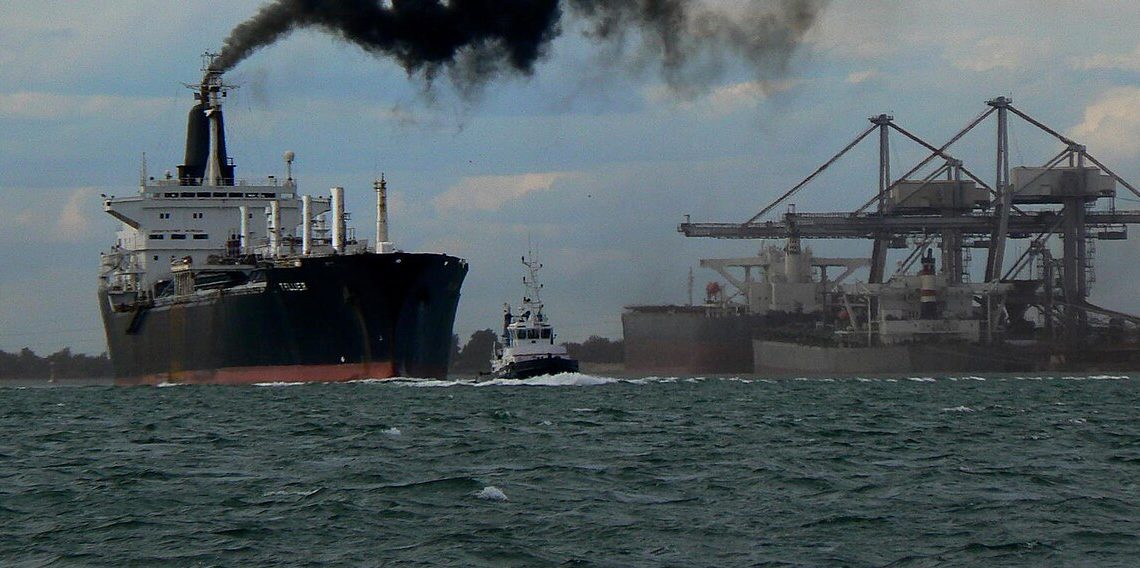Climate News: Trump sinks first-of-its-kind global shipping emissions deal
A landmark global deal to cut shipping emissions, backed by 63 countries in April, failed to pass on Friday 17 October, with only 49 countries left in support and 21 abstentions. At the International Maritime Organization (IMO) talks, a motion to delay the Net Zero Framework (NZF) deal by one year passed with 57 votes in favour, following threats from US President Donald Trump to sanction nations supporting the plan.
The NZF aimed to make the shipping industry the first in the world to adopt binding targets to reduce carbon emissions and achieve net-zero by 2050.
The breakdown of this deal came after Saudi Arabia initiated the vote to delay it, and on September 23, Trump warned nations to “get away from the green scam or your country will fail”. His administration has threatened to impose sanctions on countries that supported the shipping emissions deal – part of his broader agenda that includes withdrawing from the Paris Agreement, promoting fossil fuel expansion, and cutting clean energy incentives.
The ease with which the NZF was blocked raises concerns about the international community’s capacity to manage urgent climate threats
Despite US economic threats, The Pacific Islands walked out of the meeting in protest, with Vanuatu’s Minister for Climate Change condemning the delay as “unacceptable given the urgency we face in light of accelerating climate change”. Meanwhile, the world’s largest polluter, China, initially supported the NZF in April but reversed its stance this October after strong opposition from the US.
Climate change is a universal challenge, and shipping accounts for around 3% of global emissions. The ease with which the NZF was blocked raises concerns about the international community’s capacity to manage urgent climate threats. The IMO Secretary General has said the NZF “remains very much alive,” describing the delay as a pause for “clarification on amendments”.
For now, the NZF is only delayed, not cancelled, leaving future negotiations contingent on the political landscape. However, with time running out, even short delays are costly, raising the question of whether meaningful action can still be achieved under the current global leadership.

Comments